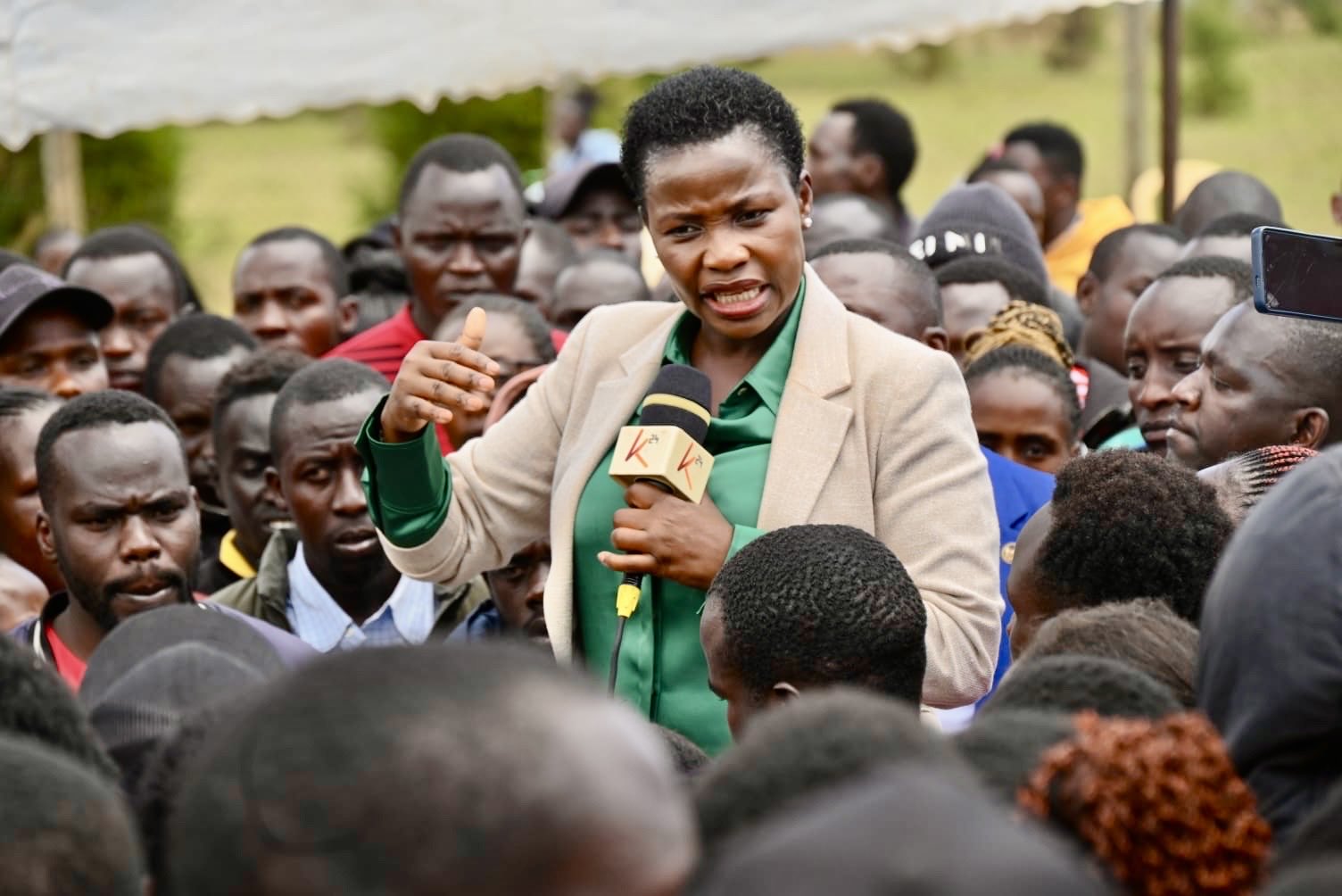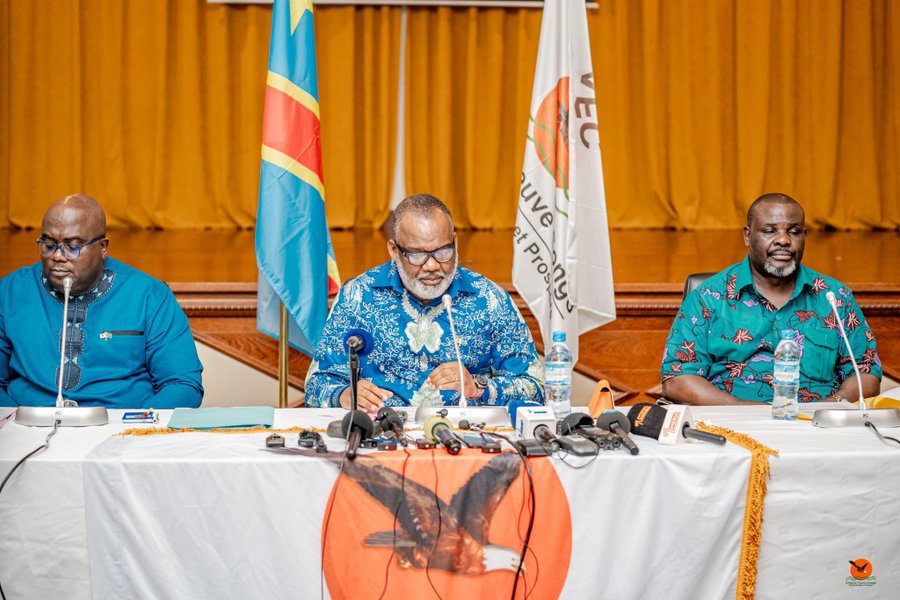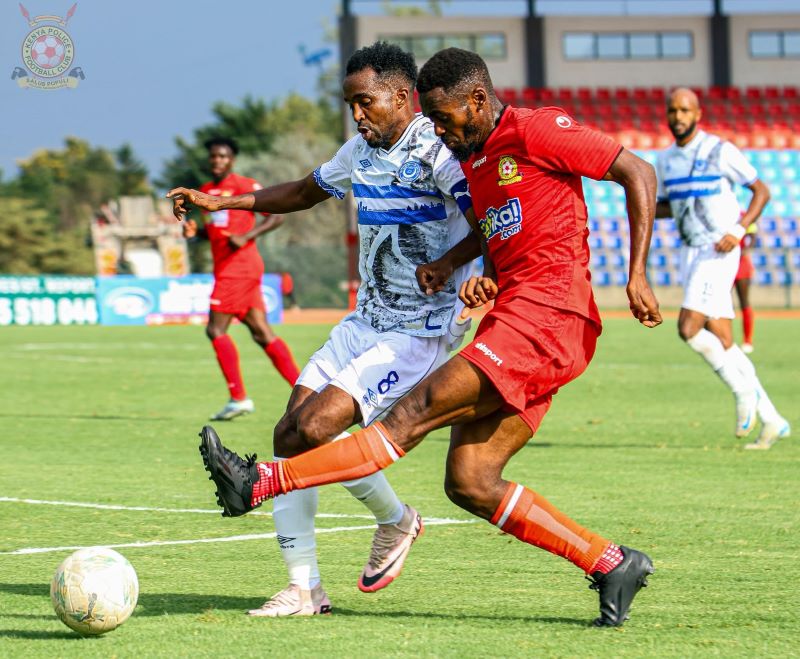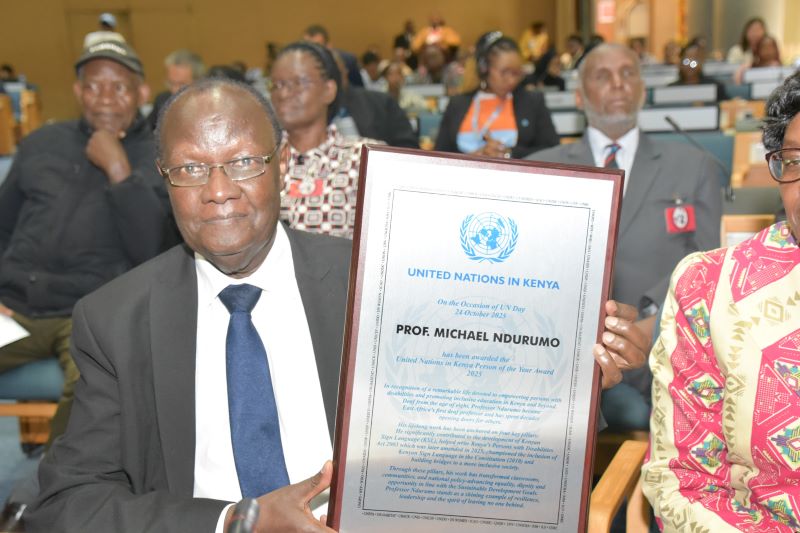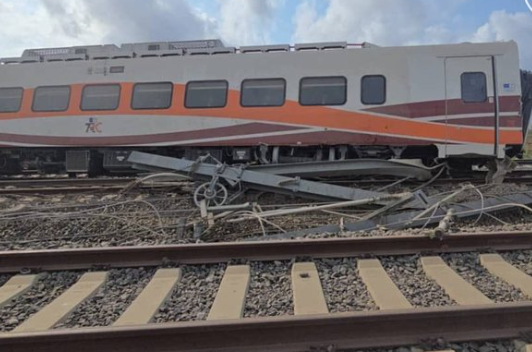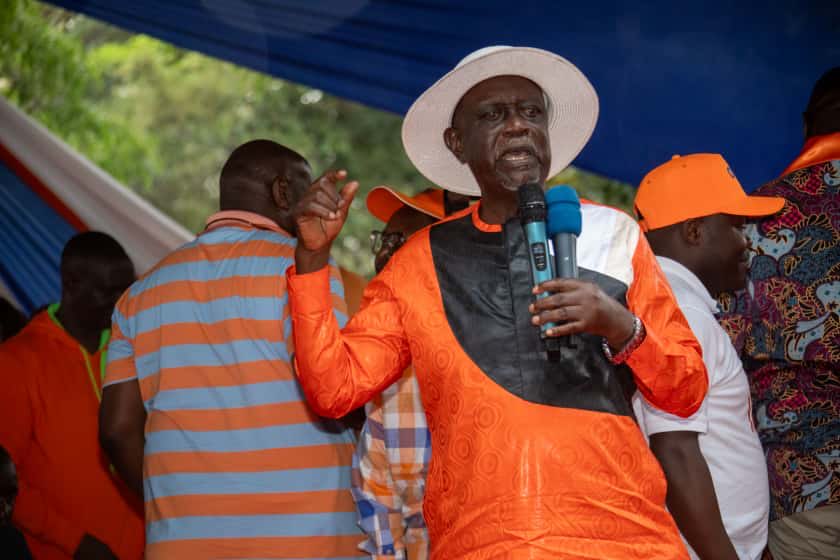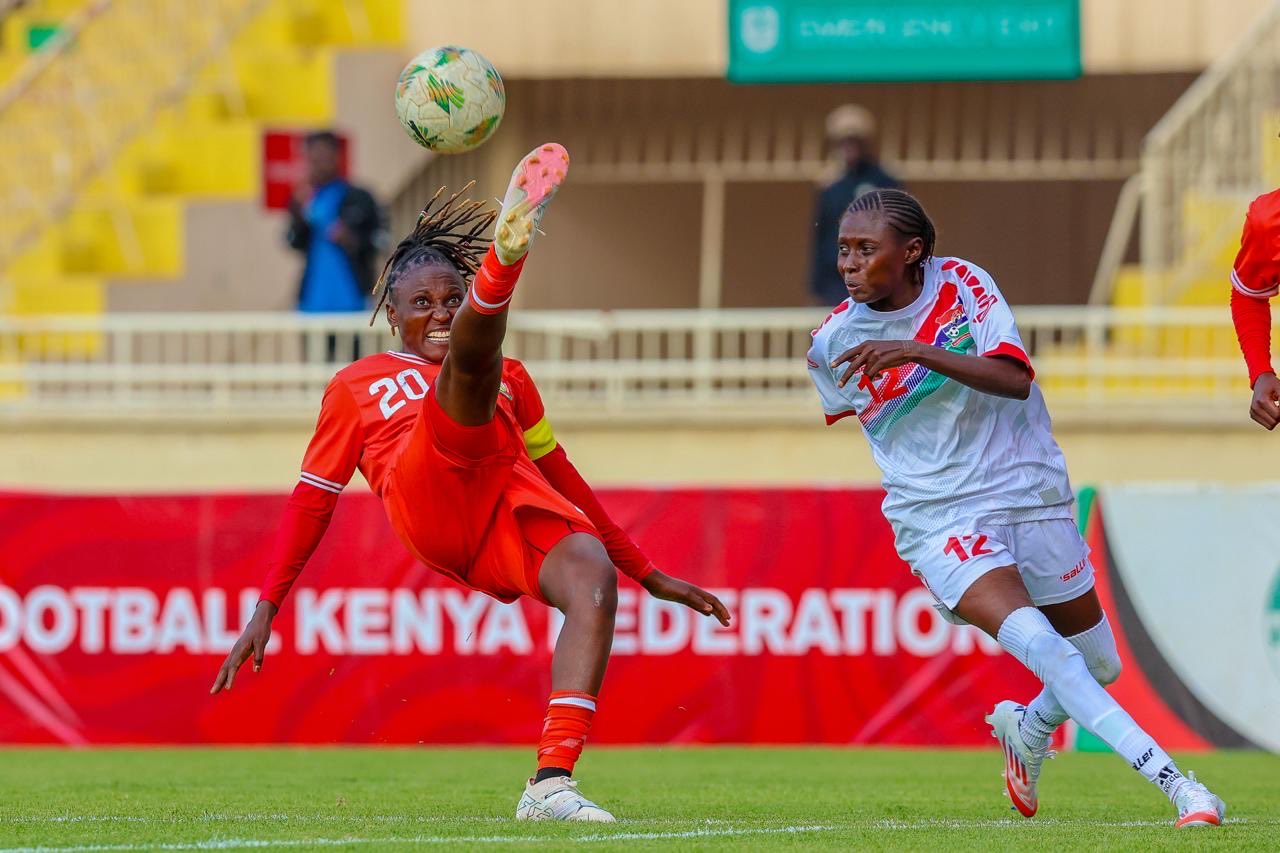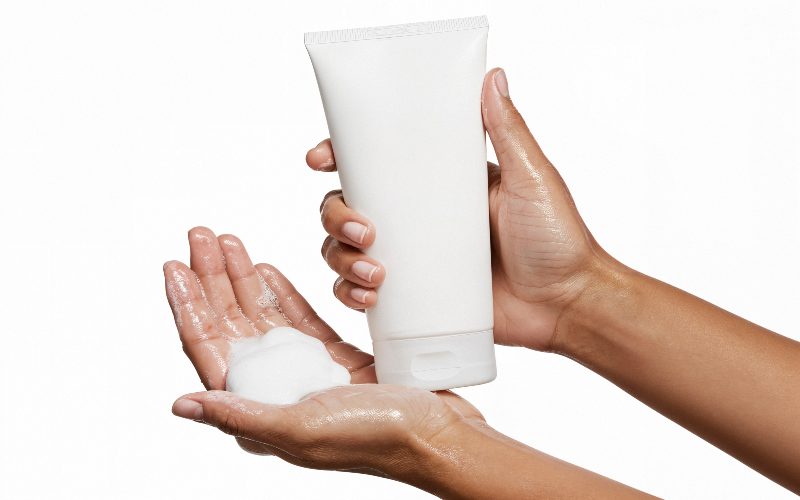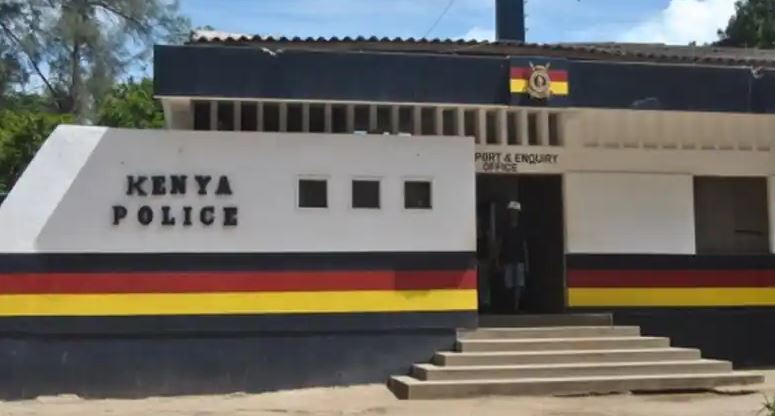Refugee youth rewrite their future through film in Dadaab
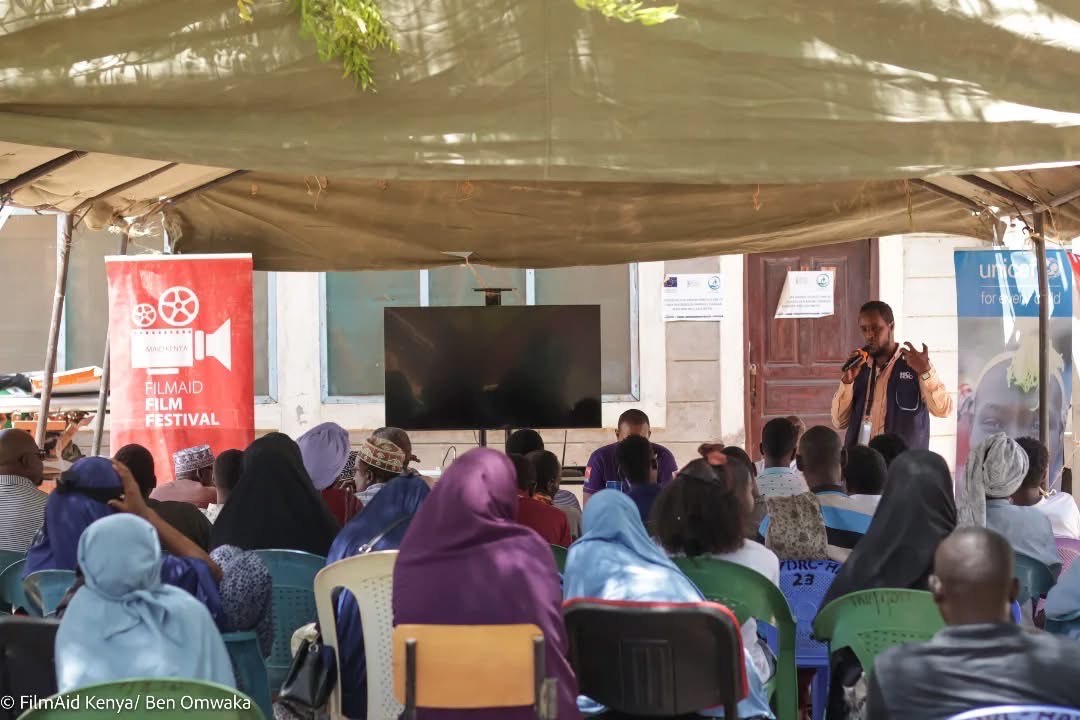
The film tells the story of a young girl who, after becoming pregnant in school, defies the odds to return and excel in her education.
The FilmAid Media Hub in Ifo Refugee Camp buzzed with excitement this week as young refugee storytellers gathered for a vibrant roundtable themed "What Next After Training?"—a discussion bridging creative ambition with real-world opportunity.
The session brought together graduates of FilmAid Kenya's Media and Entrepreneurship Training Programme (Class of 2025)—supported by the Golden Globe Foundation —and mentees from a UNICEF Kenya–backed mentorship project. Participants shared ideas, screened their short films, and explored how to turn creative skills into sustainable careers.
More To Read
- Garissa Governor Nathif Jama sounds alarm over Dadaab crisis at IGAD conference
- Moses Kuria proposes Technical University of Kenya to be named after Raila; here are steps followed in renaming an institution
- From camps to commerce: Refugee entrepreneurs shine at Kakuma trade fair
- Over 400 candidates risk missing KCSE exam as court declines to reopen Litein Boys
- Kwale unveils Sh30 million TVET fund to empower youth, curb crime
- WFP warns of rising hunger among refugees in Ethiopia
Among them was 23-year-old Aini Abdullahi, one of six young women preparing to showcase their film Second Chance at the 2025 FilmAid Film Festival (FAFF).
The film tells the story of a young girl who, after becoming pregnant in school, defies the odds to return and excel in her education.
"Seeing our work on screen gives us confidence," said Aini. "It reminds us that our voices matter, and that stories from the camps deserve to be seen and heard."
Other young filmmakers from Ifo are also producing a film about how climate change is threatening the dreams of aspiring footballers in the camps.
The event, which concluded on Friday at Aqal Herio in Dadaab, also celebrated the graduation of students trained in photography, videography, and cinematography. Among them was Hassan Nunow Hilowle, a freelance journalist with Radio Horn Afrik.
"The training honed my skills—now I'm ready to highlight refugee stories every day," said Hassan. "In the near future, I hope to work with international media, maybe even the BBC."
Hassan and his family were displaced from Somalia due to prolonged war and famine in 2007.
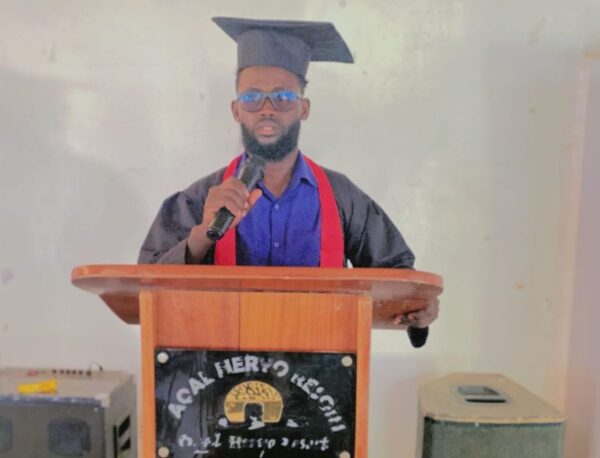 Hassan Nunow Hilowle, a freelance journalist with Radio Horn Afrik. (Issa Hussein)
Hassan Nunow Hilowle, a freelance journalist with Radio Horn Afrik. (Issa Hussein)
The roundtable wasn't just about film—it was about building futures. Experts from the Department of Refugee Services discussed opportunities under the Shirika Plan, while the Refugee Consortium of Kenya (RCK) guided participants on legal and business registration. Inkomoko Kenya shared insights on market access and financial inclusion for refugee entrepreneurs.
"Our goal is to ensure that training is not the end of the story; it's the beginning of a new chapter," said FilmAid Kenya in a statement posted on social media. "These young creatives have the talent and vision; we're helping them find the pathways to thrive."
FilmAid said the event also marked a key milestone ahead of the 18th Annual FilmAid Film Festival (FAFF)—a celebration of refugee creativity set for Nairobi in 2025.
Earlier in the week, FilmAid Kenya launched pre-screenings of FAFF 2025 films across the Dadaab camps, offering communities a chance to watch and critique stories made in their own backyard. Screenings in Kakuma are set to follow.
"Film has the power to unite, inspire, and amplify voices that often go unheard," said FilmAid. "The journey to FAFF 2025 is underway—and it's about more than films. It's about stories that move us."
As anticipation builds for the Nairobi gala, one thing is clear: from the dusty lanes of Ifo to the bright lights of the capital, refugee youth are using film to tell their stories—and to shape their own futures.
Top Stories Today

